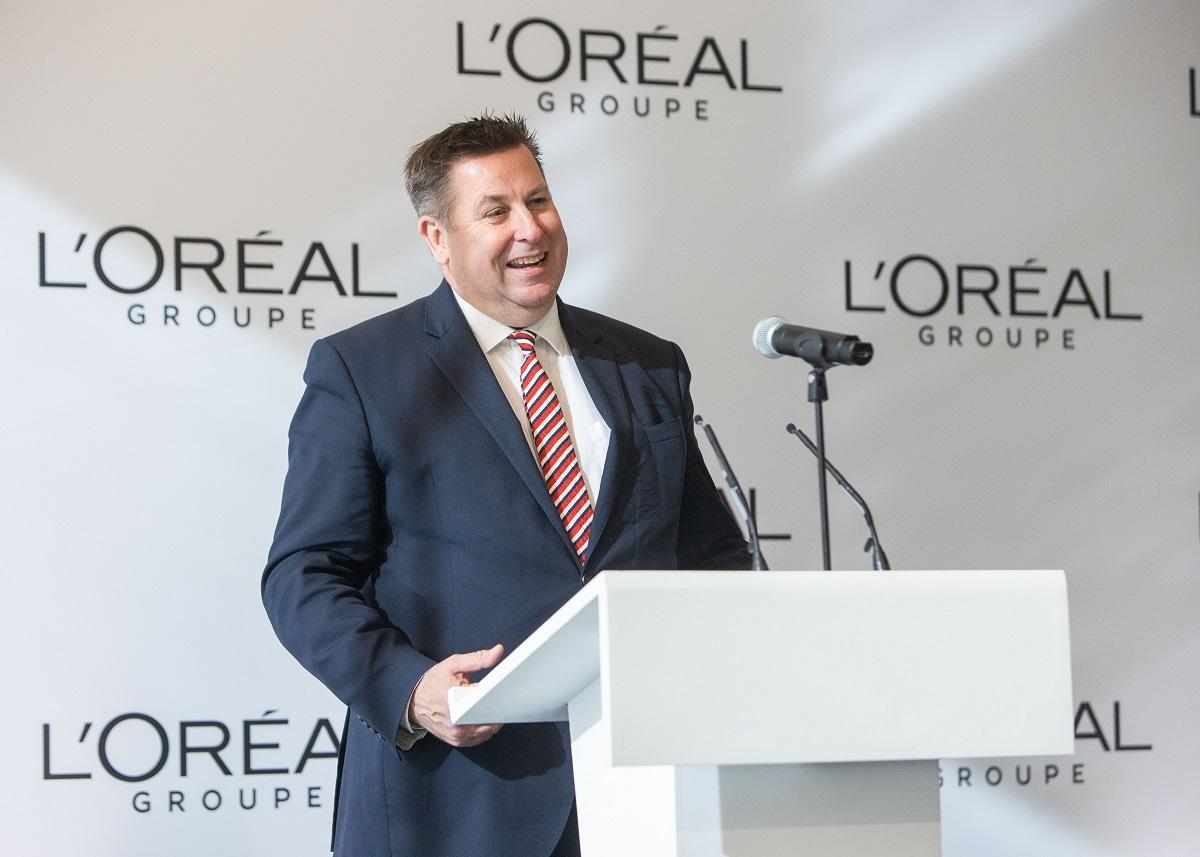
As Hammersmith & Fulham (H&F) works to transform the Borough into a global beacon of innovation and growth, our goal is for all residents to benefit from these positive developments.
Everyone should be offered the opportunity to up-skill, secure jobs of the future and enjoy spending time in our community-focussed development of public spaces.
This work is part of Upstream London, the second phase of H&F's strategy to achieve high economic growth across the Borough and beyond.
Britain's inequalities between places and people are outliers in Europe. Even in London, there are huge disparities between people's wealth, wellbeing and the opportunities available to them.
And UK economic growth has remained woeful (The Guardian) since the 2008 global financial crisis, impeded by a combination of austerity, Brexit, COVID-19, Russian aggression and the market turmoil of the September 2022 mini-budget.
Insights such as these led the council to launch H&F's inclusive Industrial Strategy in 2017. We had launched our business strategy – Upstream (PDF 2.1MB) – the year earlier.
Influenced by Karl Polanyi's work on the social foundations of the economy (PDF 1.5MB) and much recent thinking on clusters, we aimed to imitate the role played by the German Länder and city-states in their economic success but with a focus on the hottest industries of the 21st Century.
We were inspired by the role academia has played in Kendall Square and the San Francisco Bay Area but determined that any growth H&F helped to curate would be inclusive.
We changed planning guidelines to increase the amount of affordable, flexible office and laboratory space – essential to encouraging start-up entrepreneurs. By 2016 Imperial College London had agreed to become our industrial strategy partner.
We sought to curate a cluster of high-growth businesses in science, technology, engineering, maths, medicine and media industries (STEM³) and transform our borough into a globally important STEM³ economic ecosystem.
Collaboration with stakeholders and industry leaders has been central to our approach. This astonishing level of economic growth is a consequence of that.
Lessons can be learnt from around the world. Comparisons between the UK and Germany are particularly insightful. Since Germany's reunification in 1990, the west-east gap is now smaller than the gap between London and the south-east and the rest of the UK.
It is right that "Britain might look to Germany to heal the north-south divide" (The Guardian) but places like Barcelona, Pittsburgh and Oslo sit alongside UK cities such as Manchester and Sheffield in lighting the path for place-based leadership that delivers economic growth.
H&F is now launching the next chapter of our strategy such as our new Upstream Pathway Bond which will widen opportunities for young people. Next year we will host the first international innovation-led growth convention to share learning and win investment.
Britain's government has placed growth and opportunity at the heart of their mission to strengthen our country. I'm confident what the council can do here with Upstream London will add significantly to the achievement of that.